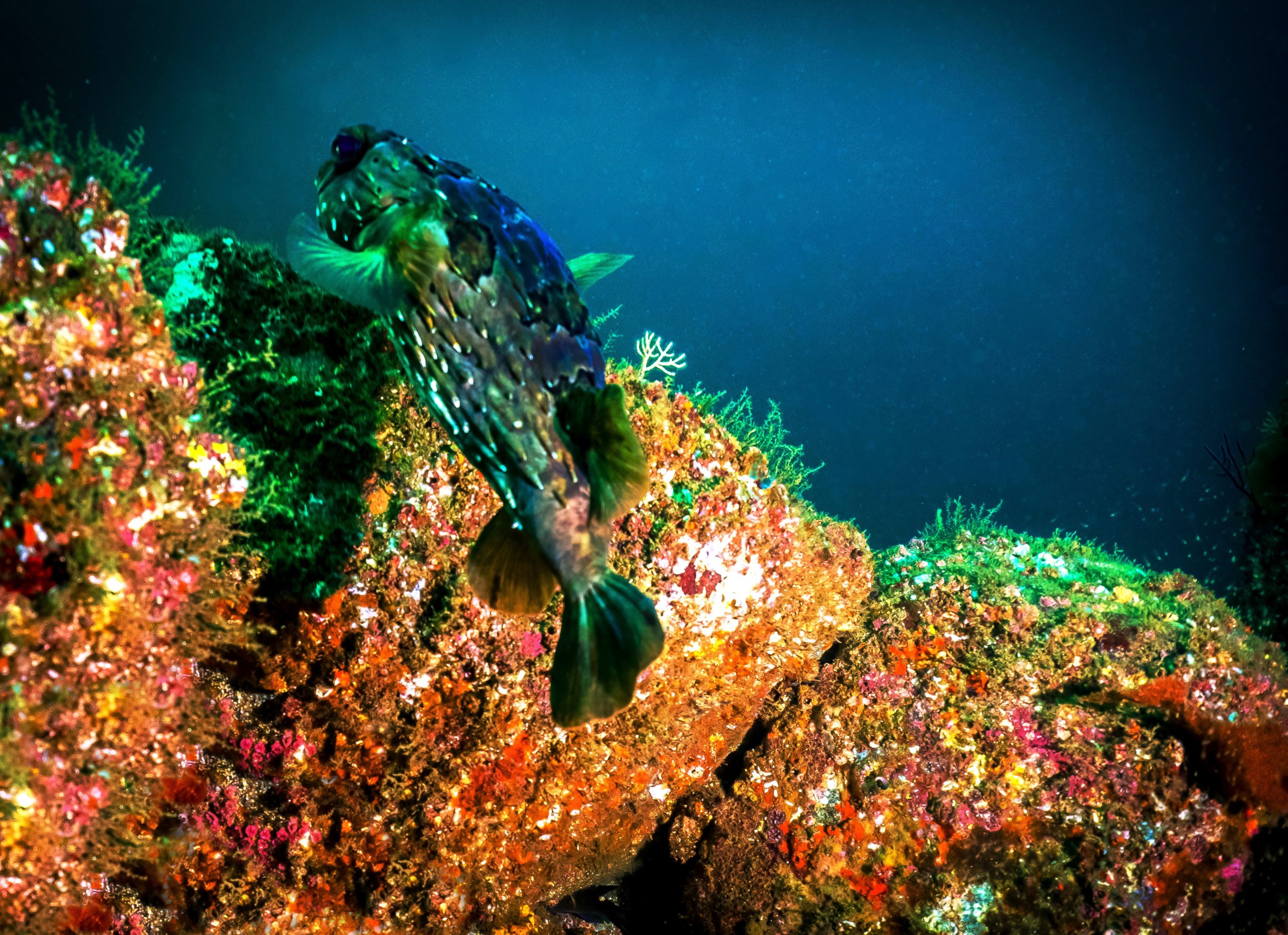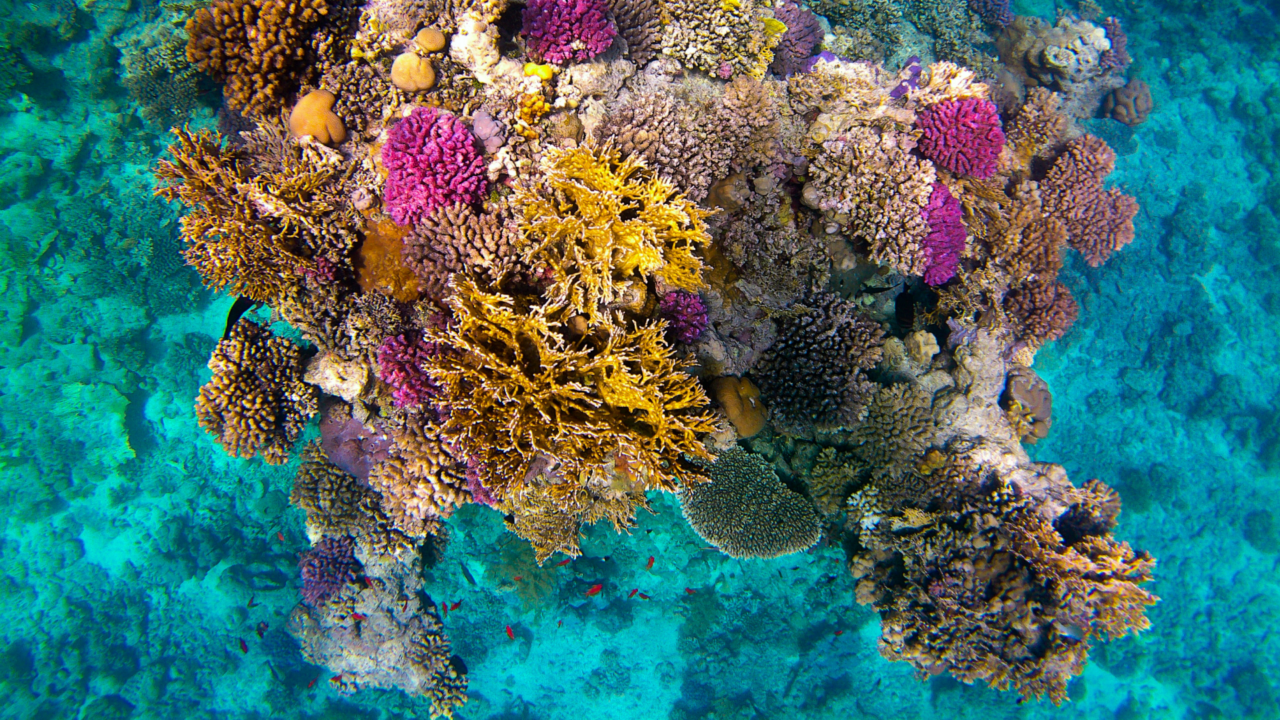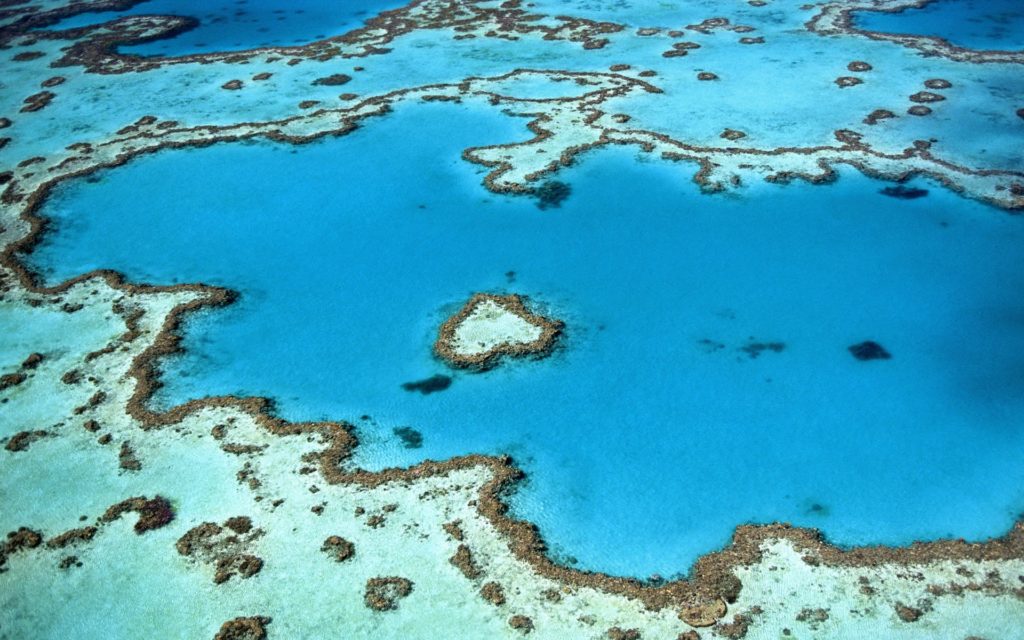The forests of the ocean are suffering. Warming waters are causing ocean acidification and coral bleaching. Meanwhile, overfishing practices are causing the subsequent collapse of entire ecosystems. Bolstered funding from COP27 is aiming to slow – and hopefully reverse – the process.
When we think about nature’s ecosystems, coral reefs are often the last to come to mind. With almost 60 percent of the world’s population living in metropolitan cities, the importance of ocean health is often forgotten by the majority.
But those who live near coastlines know that these precious environments are vital to preserving ocean health. They may only make up 1 percent of the undersea world, but it’s a fact that all marine life depends on them.
Conservationists have been campaigning for coral reefs as they’ve become increasingly endangered over the last decade. Warmer temperatures, heightened ocean acidity, and overfishing practices are among several threats they face.
The good news is there have been significant developments relating to coral reef preservation at COP27. In particular, for Egypt’s Red Sea corals, which we’ve recently learned are unique in their ability to withstand warmer sea temperatures.
Scientists believe the heat-resistant species of corals off Egypt’s shorelines could be crucial to salvaging dying reefs in warming waters elsewhere. These specialised reefs are home to over 1,000 different species of fish and at least 350 different coral species.























